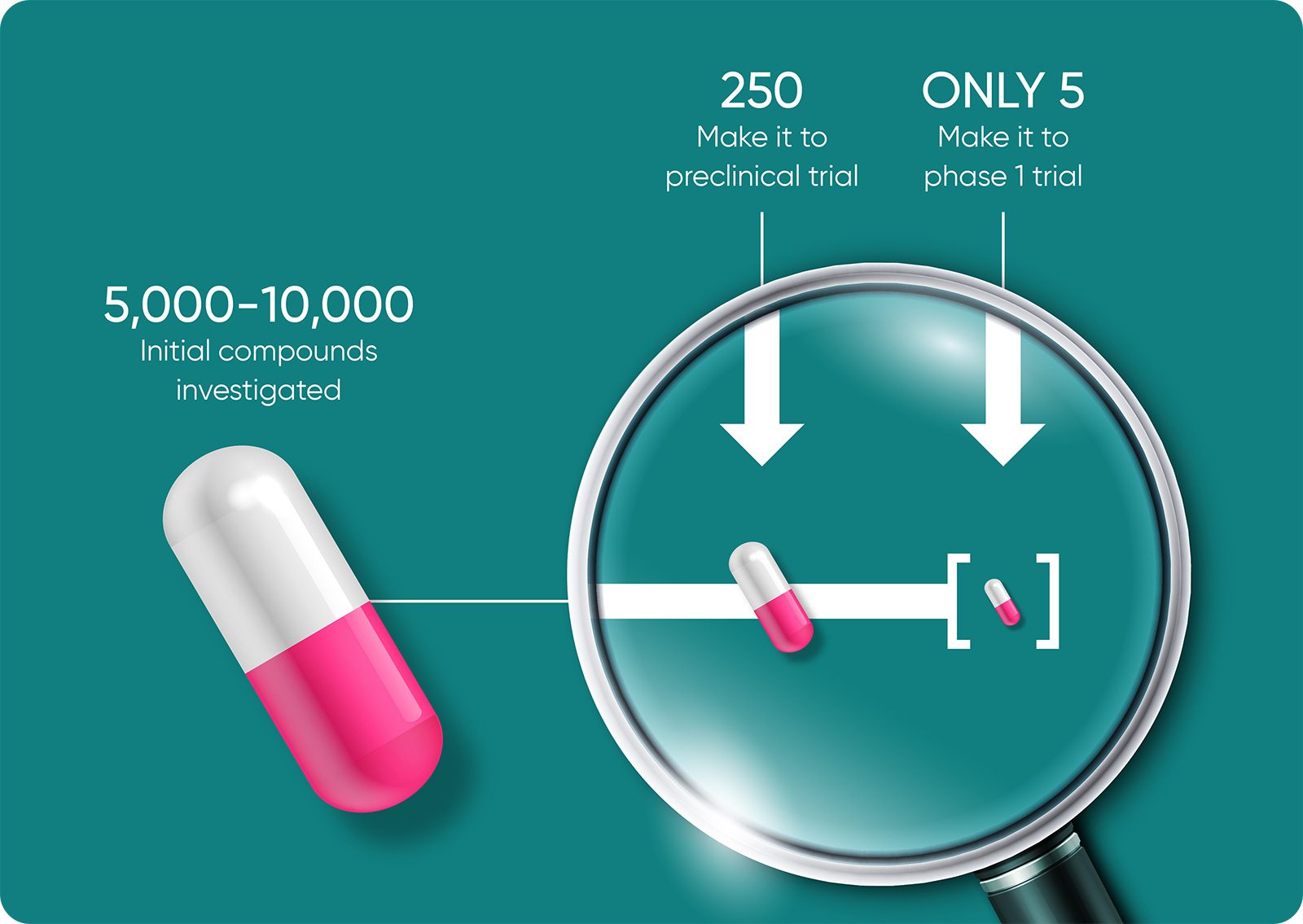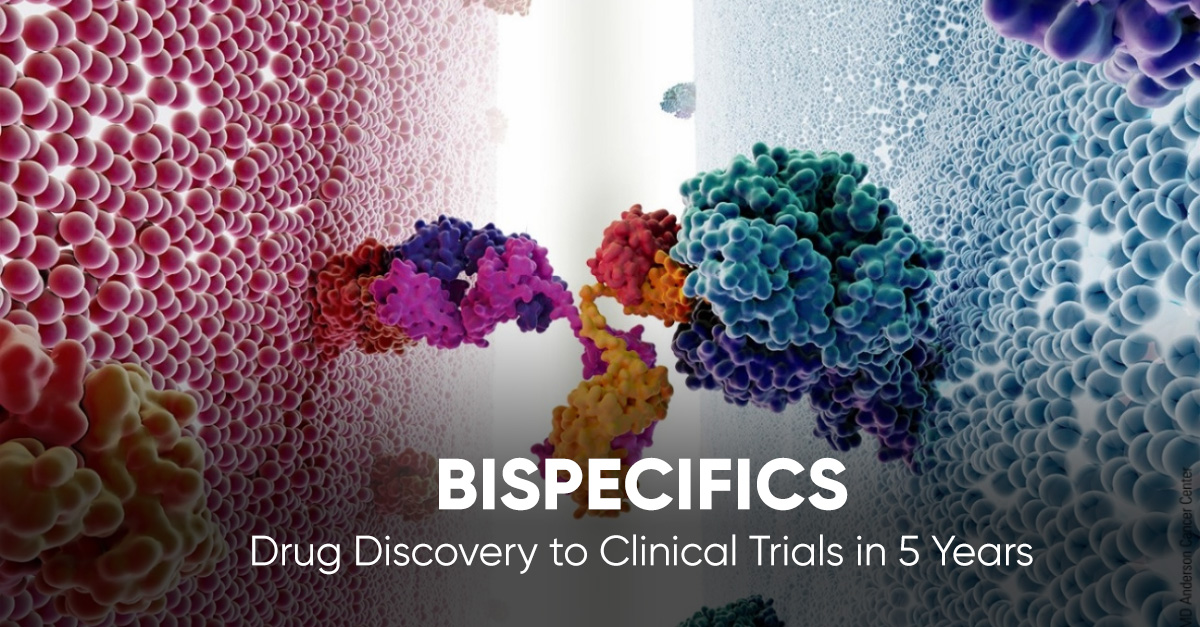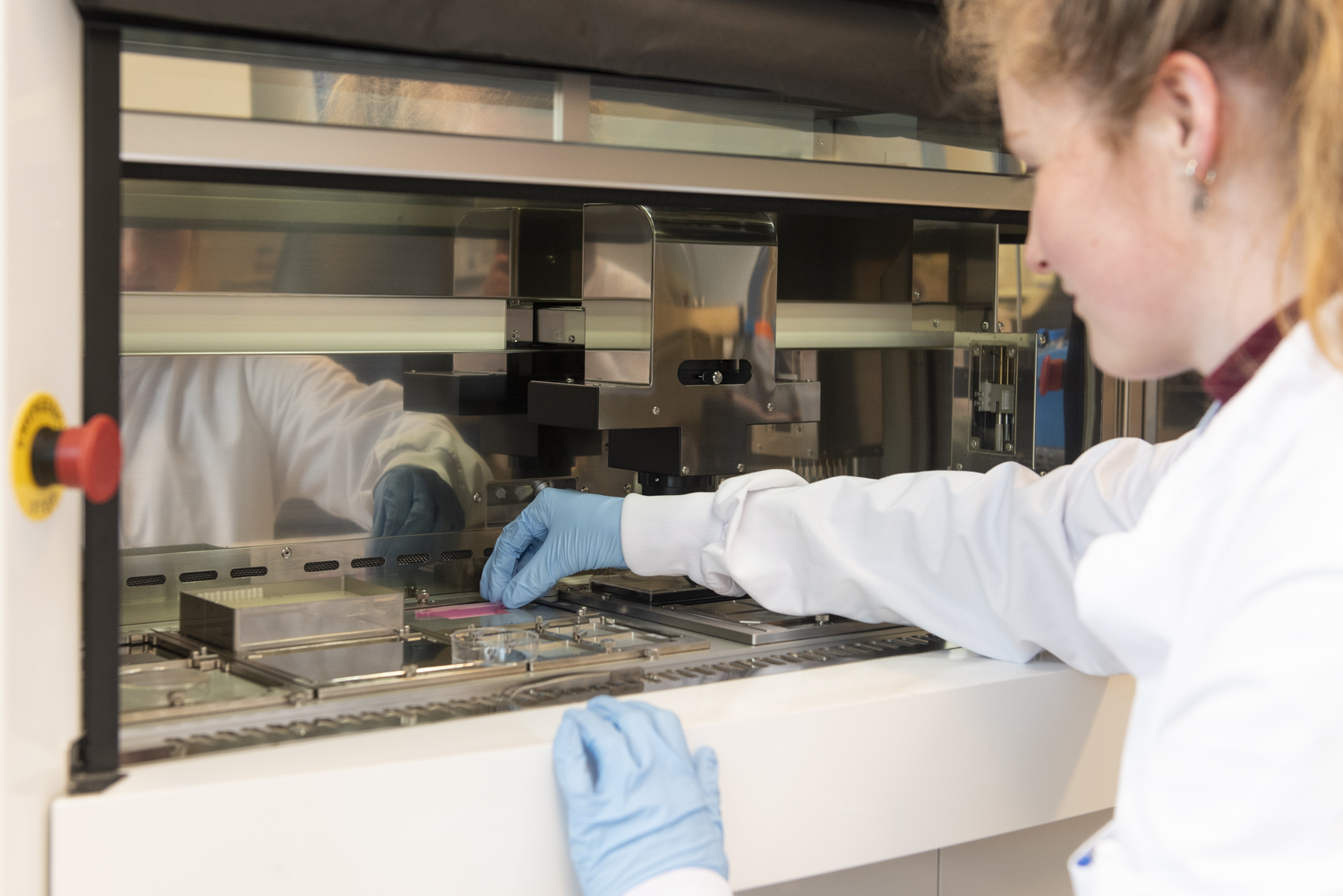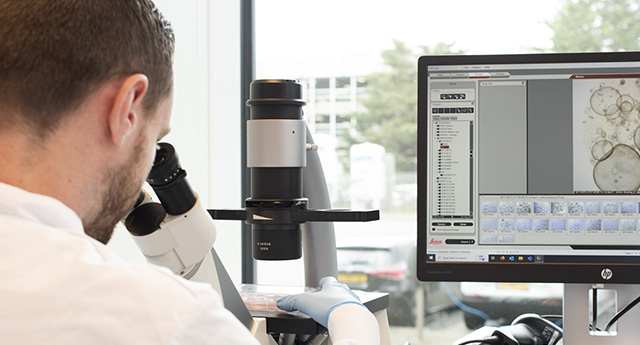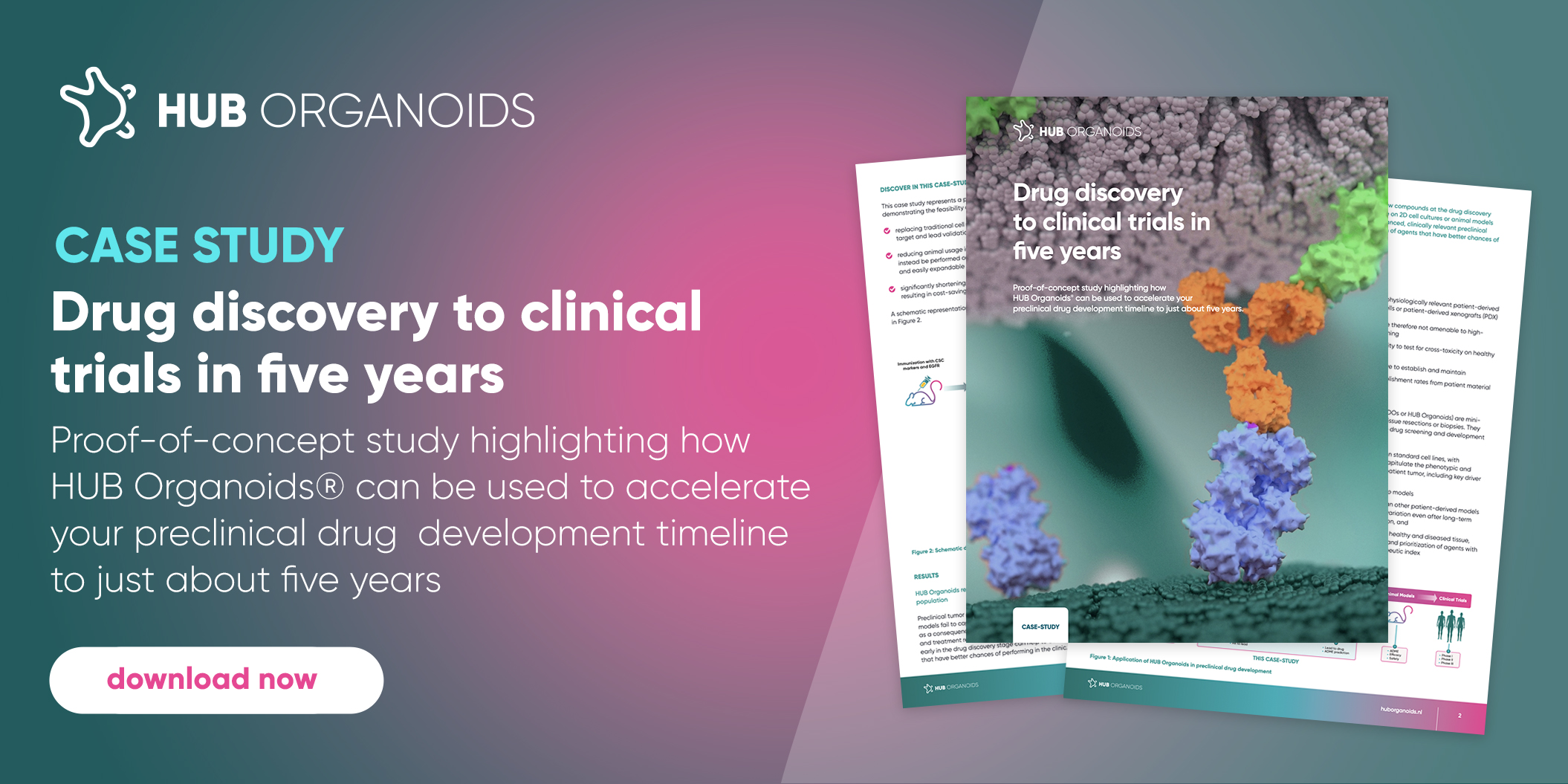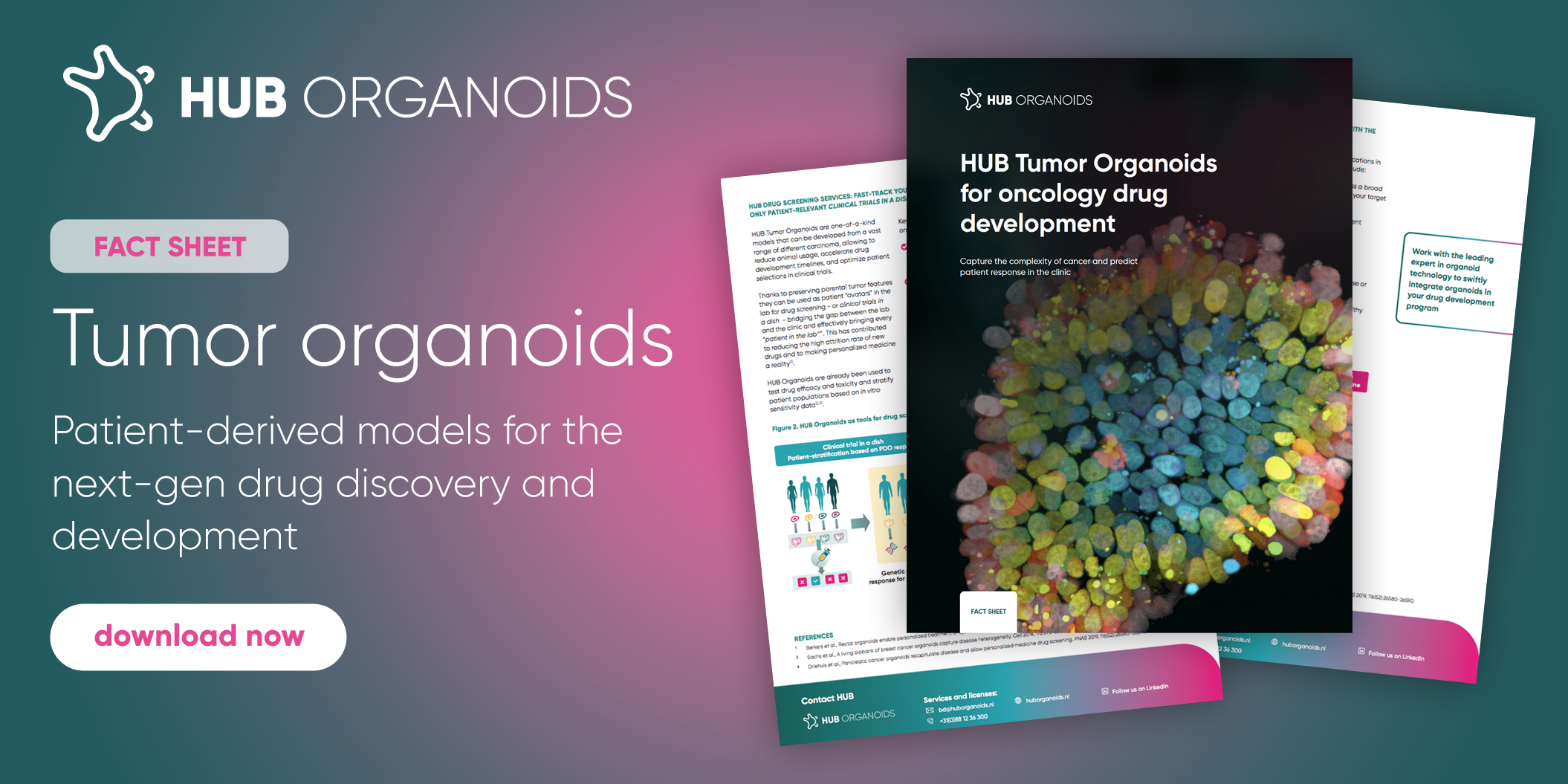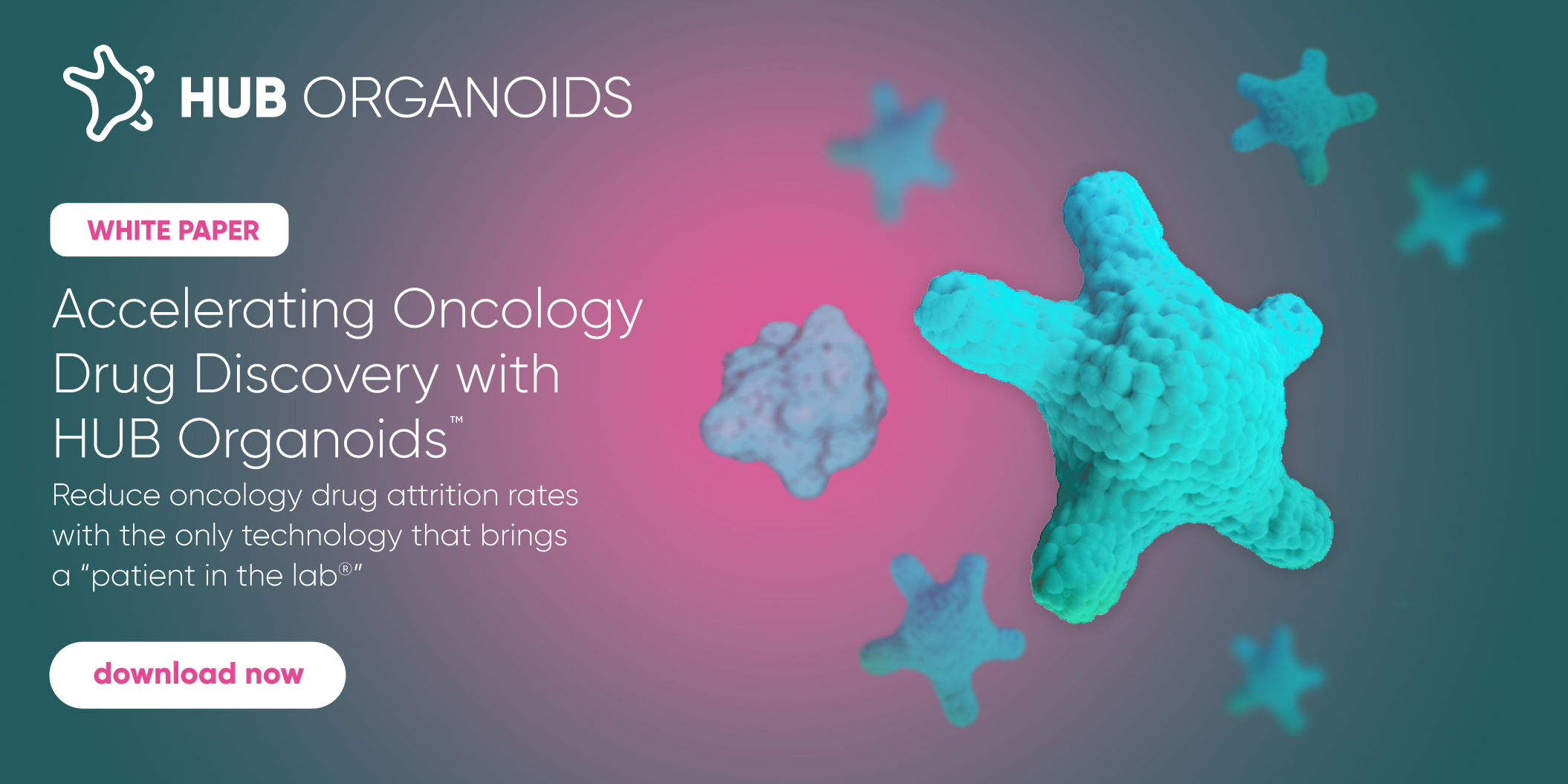oncology
CASE STUDY
How we enabled our client to bring an oncology clinical candidate to patients within five years
The client sought to develop a novel therapeutic strategy to block the proliferation of cancer stem cells (CSC) which are known to drive tumour growth in metastatic colorectal cancer (mCRC) patients.

